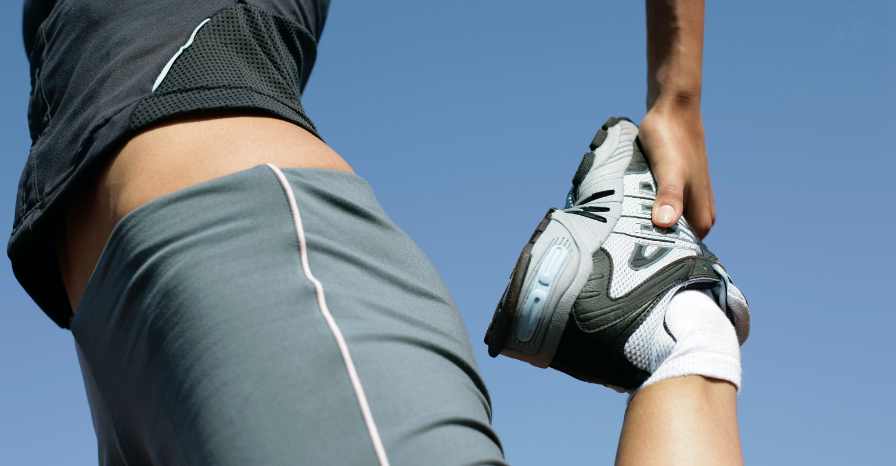
Importance of recovery for athletes
RECOVERY |Most athletes know that getting enough rest after exercise is essential to high-level performance, but many still overtrain. They even feel guilty when they take a day off. The body repairs and strengthens itself in the time between workouts, and continuous training can actually weaken the strongest athletes. Rest and recovery are probably the two most under-rated facets of training. Whilst the world’s best athletes train very hard, they also take their recovery seriously and are supremely lazy when they’re not putting one foot in front of another!
As much as athletes focus on their volume of training and the speed at which they do workouts, what they do outside of running is equally important to becoming stronger and more resilient in the future. Whether you’re a recreational runner or regularly training, there’s value in taking at least one day off each week—even if you’re doing a run streak. That day off is when your body uses nutrients and undergoes biological processes and hormone cycles to rebuild itself.
However, over training is a big problem for many runners and overuse injuries contribute to the cause of more than half of the injuries sustained by runners. After a stint of exercise the primary muscles used, go through a form of ‘micro-tearing’. This micro-tearing is important for physiological changes to occur in order for positive adaptations, but this micro-tearing also means that there is trauma in the muscles and during the post-training session the body requires time to recover. If sufficient recovery time and nutrition is not given, weakness begins to occur and injuries will eventually follow.
What happens during recovery?
Building recovery time into any training program is important because this is the time that the body adapts to the stress of exercise and the real training effect takes place. Recovery also allows the body to replenish energy stores and repair damaged tissues. Exercise or any other physical work causes changes in the body such as muscle tissue breakdown and depletion of energy stores (muscle glycogen), as well as fluid loss.
How should you recover?
Recovery can be classified as short term (active recover) and long-term recovery. Short-term recovery occurs in the hours immediately after intense exercise. Active recovery refers to engaging in low-intensity exercise after workouts during both the cool-down phase immediately after a hard effort, as well as during the days following the workout. Both types of active recovery are linked to performance benefits. Some techniques that you can use for active recovery include massage, foam rolling, stretching, yoga, and walking.
Also ensure adequate sleep, hydration, and appropriate nutrition to allow your body to work at its best capacity. When you are coming down with a cold or the flu, again adequate rest is necessary as the immune system is already weak and pushing it beyond its boundary can only further weaken the immune system and fatigue will set in, leading to potential injuries.
Another major focus of recovery immediately following exercise is nutrition. Eating the right food post-exercise will replenish energy stores and fluids lost during exercise and optimize protein synthesis (the process of increasing the protein content of muscle cells, preventing muscle breakdown, and increasing muscle size).
The window of 20 minutes immediately after exercise is when the body is most susceptible to wear and tear, but also the most receptive to the right nutrition. A recovery drink formulated with the ideal ingredients is a convenient and adequate way to re-fuel the body. Eating multiple food sources or solid food after exercise can cause stomach distress, as the stomach will pull more blood to it, for digestion, which deplete the muscles even more. With a recovery drink like Unived’s RRUNN Post - Complete Recovery Drink mix, the stomach works less and the body is able to direct the nutrients in the recovery drink to the famished muscles. The faster muscles get fuel, the better the body repairs, promotes building new muscle, and restores muscle glycogen. If you do not recover completely, you are more susceptible to physical and mental damage, which will negatively impact your training and performance.
Remember, rest is a form of training too and you should approach it with as much discipline as you would your harder workouts.

